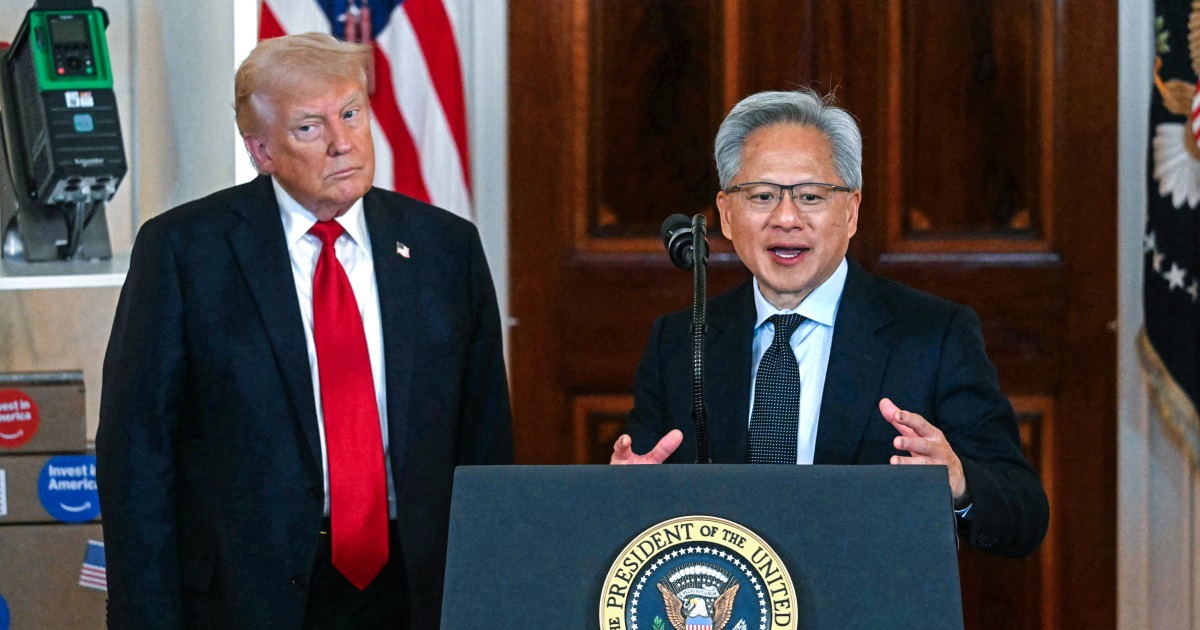Nvidia and AMD Make a Deal with the US – What Does it Mean for China and the World?
A Chip Off the Old Block: Washington’s New Strategy for Tech Dominance

The White House confirmed Monday that Nvidia and AMD have agreed to share 15% of their revenue from China sales with the U.S. government. This surprising deal aims to comply with new export controls on advanced AI chips and has sparked debate about its impact on both companies and the ongoing tech war with China.
- Revenue Sharing: Nvidia and AMD will remit 15% of China sales to the U.S.
- Compliance: The deal aims to adhere to stringent export controls on advanced AI chips.
- Potential Impact: Questions remain about how this will affect the companies' profitability and China’s access to vital technology.
- Broader Implications: This move signals a shift in U.S. policy towards greater control over technology exports.
The Biden administration is attempting to restrict China’s access to cutting-edge AI chips through recent export controls. Rather than halting sales entirely – which would significantly impact their financial performance – Nvidia and AMD opted for this unusual revenue-sharing agreement.
"This is a pragmatic solution," explained a White House spokesperson. "It allows American companies to continue serving the Chinese market while ensuring compliance with our national security objectives."
However, the agreement faces criticism. Some analysts believe it's a temporary fix, as Beijing is actively developing domestic chip manufacturing capabilities. The revenue sharing might simply provide a short-term reprieve. Furthermore, the move could incentivize other countries to create alternative semiconductor sources, potentially fragmenting the global supply chain.
This deal highlights the increasingly complex nature of international tech trade. It demonstrates Washington's willingness to protect its technological advantage, even if it impacts the profitability of its own companies. The long-term effects remain to be seen, but this agreement signals a new era of heightened scrutiny and control over advanced technology exports.